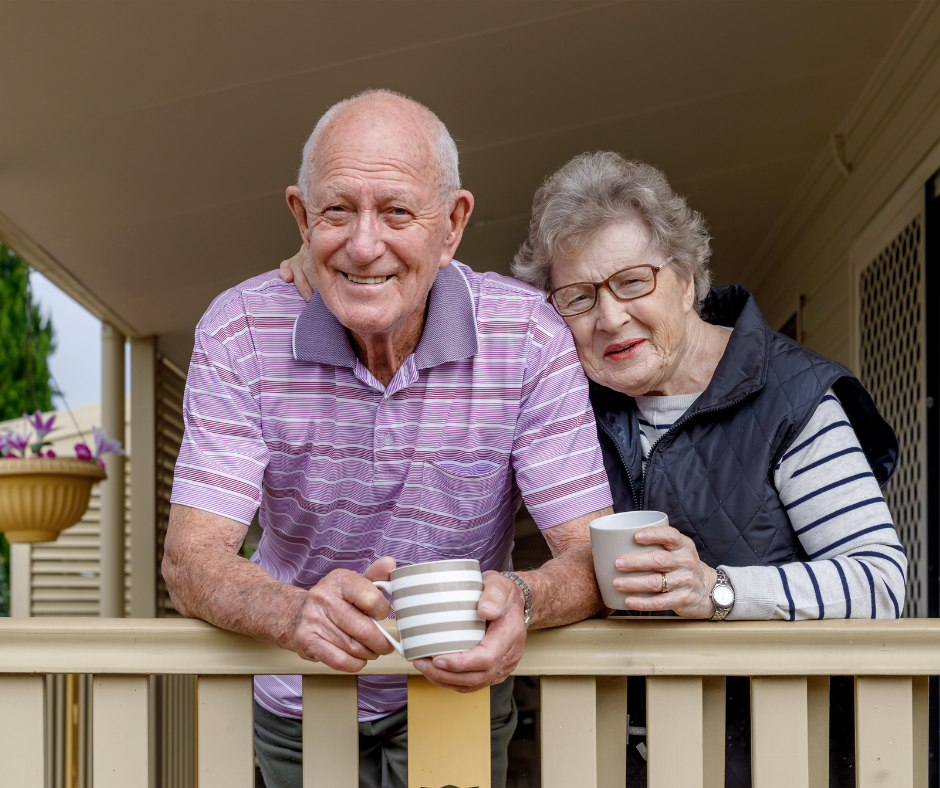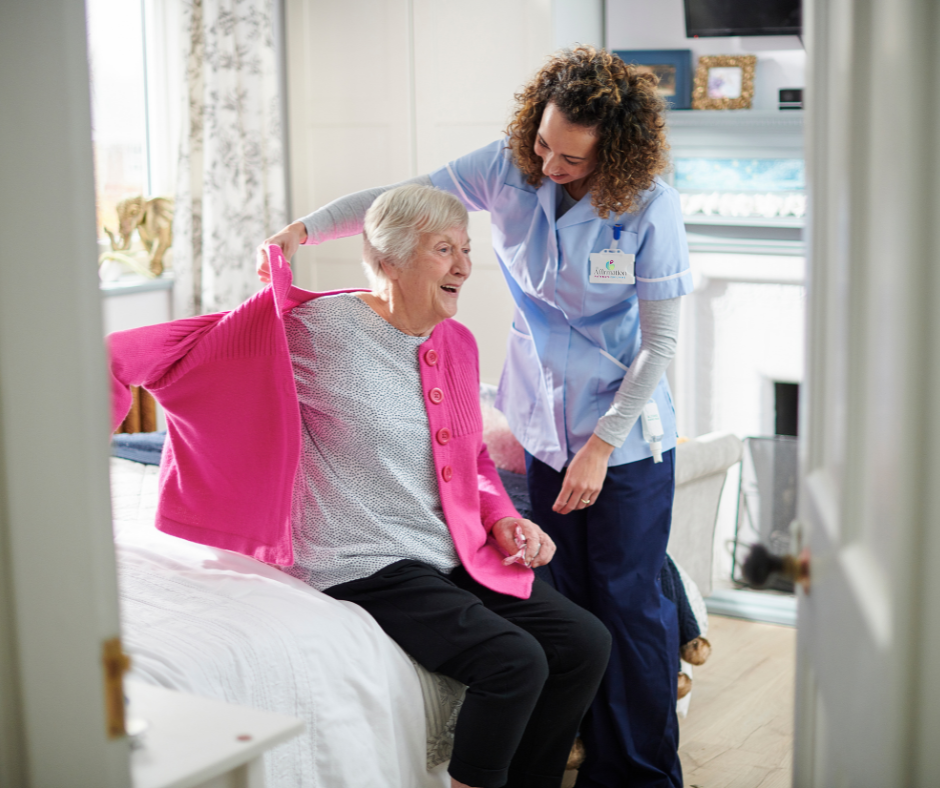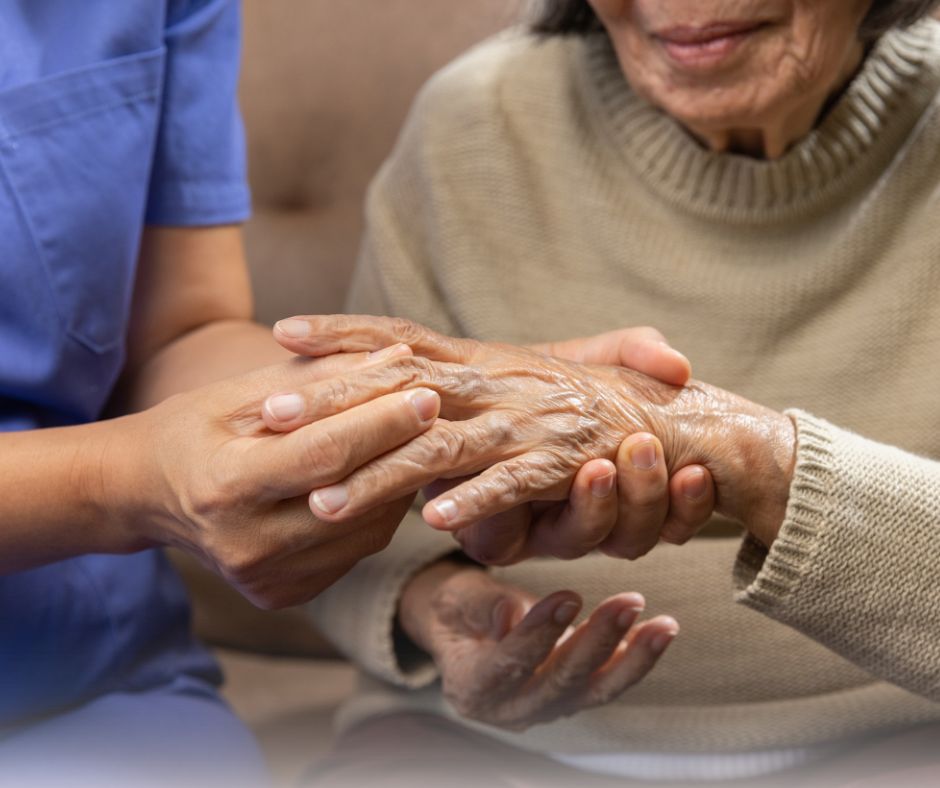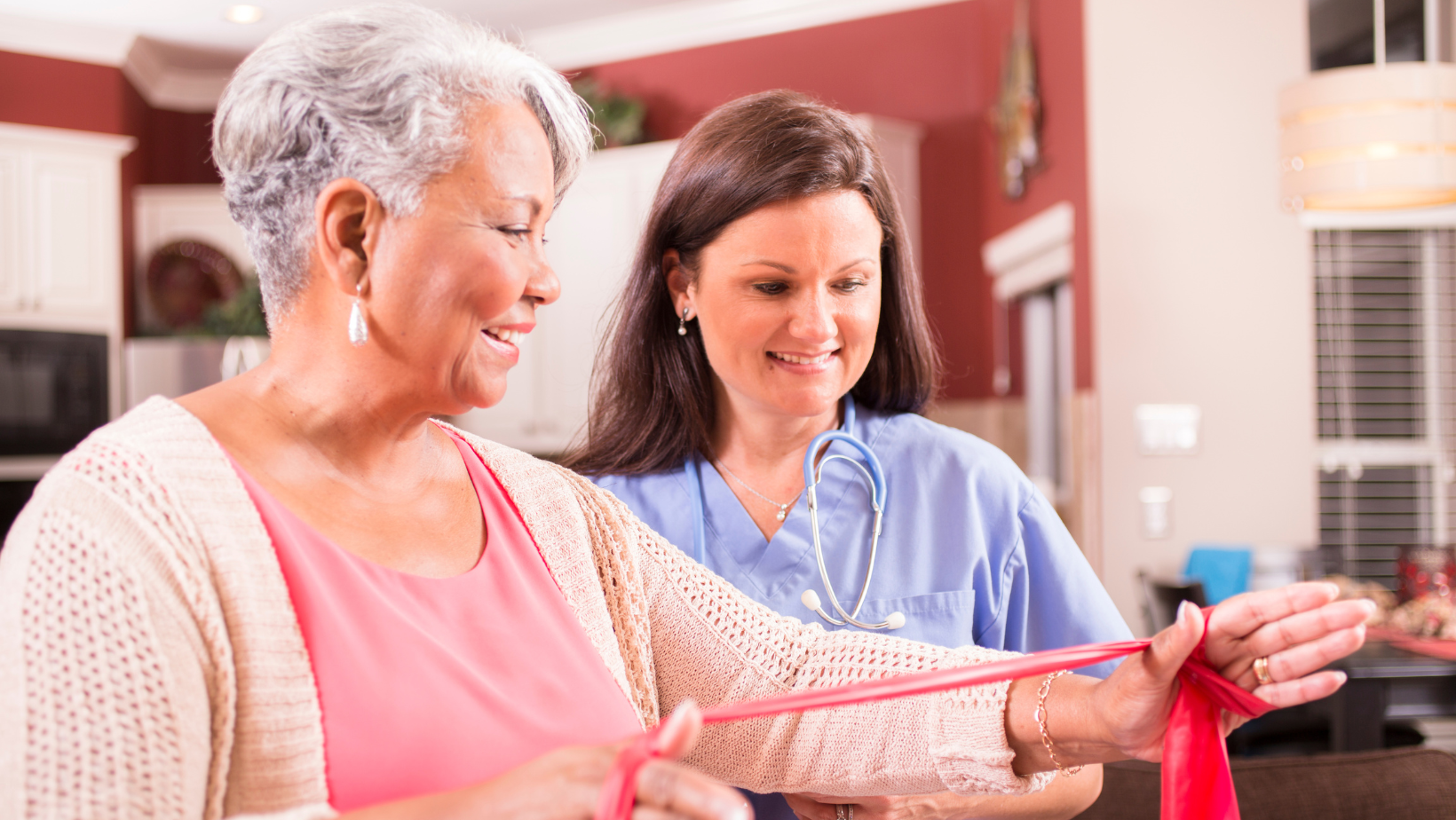Aging Gracefully and Safely at Home: Top 10 Safety Tips for Seniors

Aging gracefully is a beautiful journey, one that should be filled with comfort, cherished memories, and the freedom to savor life's pleasures. For many seniors, the idea of aging in place, remaining in the familiar surroundings of their own home, is a dream they hold close to their hearts. It's a dream that speaks to the profound sense of independence and emotional well-being that comes from staying in the place where countless memories were woven into the tapestry of life.
But as we age, our needs change, and so do the safety considerations. Home, while cherished, can sometimes present unforeseen challenges. It's not uncommon for seniors and their families to wonder, "How can we ensure our loved one's safety while they continue to age in place?"
That's precisely what this blog is all about – a guide to ensuring that aging in place is not only possible but safe and fulfilling.
Below, we'll explore the top 10 safety tips that can help seniors maintain their independence while providing peace of mind for their families. These practical tips encompass everything from home modifications to emergency preparedness, from medication management to fostering social connections.
So, whether you're a senior embarking on this journey, a caregiver supporting a loved one, or someone simply interested in promoting the well-being of our seniors, this article is for you.
The Benefits of Aging in Place
Aging in place offers seniors a multitude of benefits that extend beyond the comfort of their familiar surroundings.
Independence and Familiar Surroundings : The sense of independence is a fundamental aspect of aging in place. Seniors can maintain their daily routines, make choices about their care, and continue to live life on their own terms. The familiar surroundings also provide emotional comfort, reducing anxiety and stress.
Emotional Well-Being : Staying in the home where countless memories have been created can have a positive impact on emotional well-being. The emotional attachment to one's home is a powerful force that contributes to a sense of identity and happiness.
Cost-Effectiveness : In many cases, aging in place can be more cost-effective than moving to an assisted living facility. By making strategic home modifications and utilizing home healthcare services, seniors can often enjoy a higher quality of life without the financial burden of long-term care facilities.
Common Safety Hazards for Seniors at Home
Before we delve into the top safety tips, it's crucial to recognize the common safety hazards seniors may face at home:
Falls and Mobility Issues : Falls are a leading cause of injury among seniors. Mobility challenges, slippery surfaces, and clutter can contribute to accidents.
Medication Management : Seniors often manage multiple medications, and confusion can lead to medication errors, which can have serious consequences.
Fire and Electrical Hazards : Aging homes may have outdated electrical systems or fire hazards. Older adults might forget to turn off appliances or leave stovetops unattended.
Home Security : Seniors can be vulnerable to theft or scams. Ensuring home security is essential to their safety and peace of mind.
Top 10 Safety Tips for Seniors Aging in Place Tip 1: Home Modifications Installing Grab Bars and Handrails : Consider installing grab bars and handrails in areas with increased fall risk, such as bathrooms, hallways, and staircases. These provide essential support for seniors when moving around the house. For example, in the bathroom, a grab bar near the shower or toilet can prevent slips and falls. In staircases, handrails on both sides provide extra stability. Removing Tripping Hazards : Seniors should keep walkways clear of clutter, secure loose rugs with non-slip backing or double-sided tape, and ensure flooring is even and free of obstacles. This simple step can significantly reduce the risk of tripping and falling. Tip 2: Regular Exercise and Balance Training Importance of Staying Active : Regular physical activity helps seniors maintain muscle strength and balance. For example, gentle exercises like leg lifts, standing on one foot, and walking can be incorporated into a daily routine. These activities improve stability and reduce the risk of falls. Suggested Exercises : Consider activities like yoga or tai chi, which are designed to enhance balance and flexibility. Chair exercises are also suitable for seniors with limited mobility, as they can be done while seated. An example of a chair exercise is seated leg raises, which help strengthen leg muscles. Tip 3: Medication Management Organizing Medications : Use a pill organizer with compartments for each day of the week. Fill it at the beginning of the week to ensure that medications are taken as prescribed. An example of a pill organizer is one with morning and evening compartments, making it easy to keep track. Using Pill Dispensers and Reminders : Automated pill dispensers with alarms can help seniors remember to take their medications. These devices dispense the right dose at the scheduled time and can be programmed for multiple medications. Some even send alerts to caregivers if doses are missed. Tip 4: Fire Safety Smoke Detectors and Carbon Monoxide Alarms : Install smoke detectors in bedrooms and hallways and carbon monoxide alarms near bedrooms. Test them regularly and change the batteries twice a year, typically when daylight saving time begins and ends. Creating a Fire Escape Plan : Develop a clear escape plan in case of a fire. Identify exit routes, such as windows or doors, and designate a meeting place outside the home. Practice fire drills, especially if mobility is limited. Ensure that seniors have easy access to phones to call for help. Tip 5: Adequate Lighting Properly Lit Hallways and Rooms : Adequate lighting is crucial to prevent trips and falls. Install bright LED lights in hallways, staircases, and frequently used rooms. Use motion-sensor lights in areas like bathrooms, so they automatically turn on when someone enters. Tip 6: Home Security Door Locks and Peepholes : Enhance security by installing deadbolt locks on exterior doors. Consider adding peepholes at different heights, so seniors can safely identify visitors without opening the door. For example, a door viewer with a wide-angle lens provides a clear view of who is outside. Home Security Systems : Invest in a monitored home security system that includes features like door/window sensors, motion detectors, and 24/7 monitoring. These systems offer peace of mind and can alert authorities in case of a break-in or emergency. Tip 7: Regular Home Maintenance Checking for Leaks and Repairs : Seniors or their caregivers should regularly inspect the home for leaks, especially in areas like the kitchen and bathroom. Leaking pipes or faucets can create slippery surfaces, which are hazardous. If you notice any leaks, address them promptly. For example, a dripping faucet should be repaired to prevent water accumulation and potential falls. Inspecting Electrical Systems : Ensure the electrical system is up-to-date and safe. Consider hiring a professional electrician for a thorough inspection. Older homes may have outdated wiring that could pose a fire risk. It's essential to address any electrical issues promptly to prevent electrical fires. Tip 8: Emergency Contact Information Creating an Emergency Contact List : Compile a list of essential phone numbers, including family members, neighbors, primary care physicians, and local emergency services. Store this list in an easily accessible location, such as on the refrigerator or by the phone. Make sure that seniors know where to find it and how to use it in case of an emergency. Tip 9: Social Engagement Reducing Isolation : Encourage seniors to stay socially active by participating in activities they enjoy. This might include joining clubs, taking classes, or engaging in hobbies. Staying socially connected is essential for mental and emotional well-being. Staying Connected with Friends and Family : Embrace technology to stay connected virtually if in-person visits are limited. Teach seniors how to use video calling apps or social media platforms to interact with loved ones and friends. For example, platforms like Zoom or Skype can facilitate face-to-face conversations, even when miles apart. Tip 10: Regular Health Check-ups Importance of Regular Medical Visits : Seniors should schedule regular check-ups with their healthcare providers. These visits can help detect and manage health issues early. Ensure that medications are regularly reviewed and adjusted if necessary. For example, a yearly check-up with a primary care physician can help seniors stay on top of their health.
Additional Resources and Support
In addition to these safety tips, seniors and their families can tap into various resources and support systems:
- Home Healthcare Services : Consider enlisting the help of a home healthcare provider, like Affirmation , who can offer professional care, medication management, and companionship.
- Community Resources : Explore local senior centers, meal delivery services, and transportation options available in the community. Many communities have programs designed to support seniors in their daily lives.
- Senior Advocacy Organizations : Connect with organizations like AARP or the Alzheimer's Association , which provide information, resources, and support tailored to the needs of seniors and their families.
Wrapping It Up
By implementing these tips and being proactive in addressing safety concerns, seniors and their families can look forward to a future filled with comfort, contentment, and the joy of aging gracefully in the place they call home. Remember, safety is an ongoing journey, and with the right guidance and support, aging in place can be a rewarding and fulfilling experience for seniors and their loved ones.
If you or a loved one are aging in place and need professional support to ensure safety and well-being, Affirmation is here to help.
Our dedicated team of caregivers and healthcare professionals can provide the assistance and companionship needed to make aging in place a secure and fulfilling reality. Contact us today to learn more about our services and how we can support your journey towards aging gracefully at home. Your safety and well-being are our top priorities.

Affirmation is a not-for-profit organization created by LifeSpire of Virginia and Pinnacle Living.
Quick Links
Compassionate In-Home Care in Richmond
All Rights Reserved | Affirmation | Site Built By Rank Rocket Creative Studios







